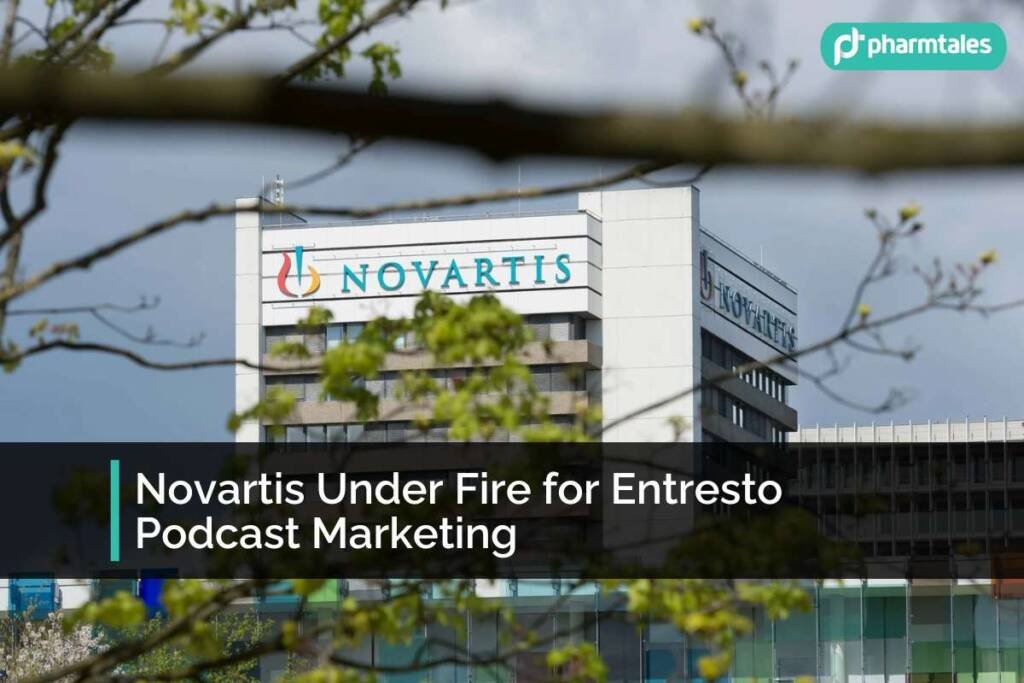Novartis, a trailblazer in digital pharma innovation for years, now faces the intricate labyrinth of regulatory compliance. This complex challenge has manifested as the company becomes embroiled in the most serious drug marketing breach in the UK. The focus of this case is a podcast series titled “Heart to Heart,” tailored for heart failure specialist nurses (HFSN). Within this podcast, Novartis made efficacy and safety claims that have sparked the attention of the UK.’s drug marketing regulatory body, the PMCPA.
Of particular concern to the PMCPA were claims suggesting that Novartis’ drug Entresto could potentially elevate energy levels, specifically in the context of dressing and the associated energy expenditure. The PMCPA deemed this assertion “misleading” as it lacked substantiation.
However, the most significant point of contention arose from Novartis’ reference in the podcast to a “slight but acceptable drop in renal function” linked to Entresto. This safety-related claim lacked proper qualification, downplaying the importance of renal function according to the PMCPA.
Due to the seriousness of the misleading safety claim, the PMCPA concluded that Novartis had “reduced confidence in, and brought discredit upon, the industry.” This verdict marked a breach of the most severe nature under Clause 2 of the ABPI Code, which denotes the highest level of breach possible.
Interestingly, the catalyst for this case was an anonymous complainant, identifying as a cardiac specialist health professional.
This isn’t Novartis’ first encounter with regulatory scrutiny over Entresto. Just a month prior, the PMCPA censured the company for failing to adequately display the drug’s safety risks on the therapy’s website.
Novartis’ journey, from digital pioneer to grappling with regulatory intricacies, underscores the evolving landscape of pharmaceutical marketing and the critical balance between innovation and adherence to stringent guidelines.





























